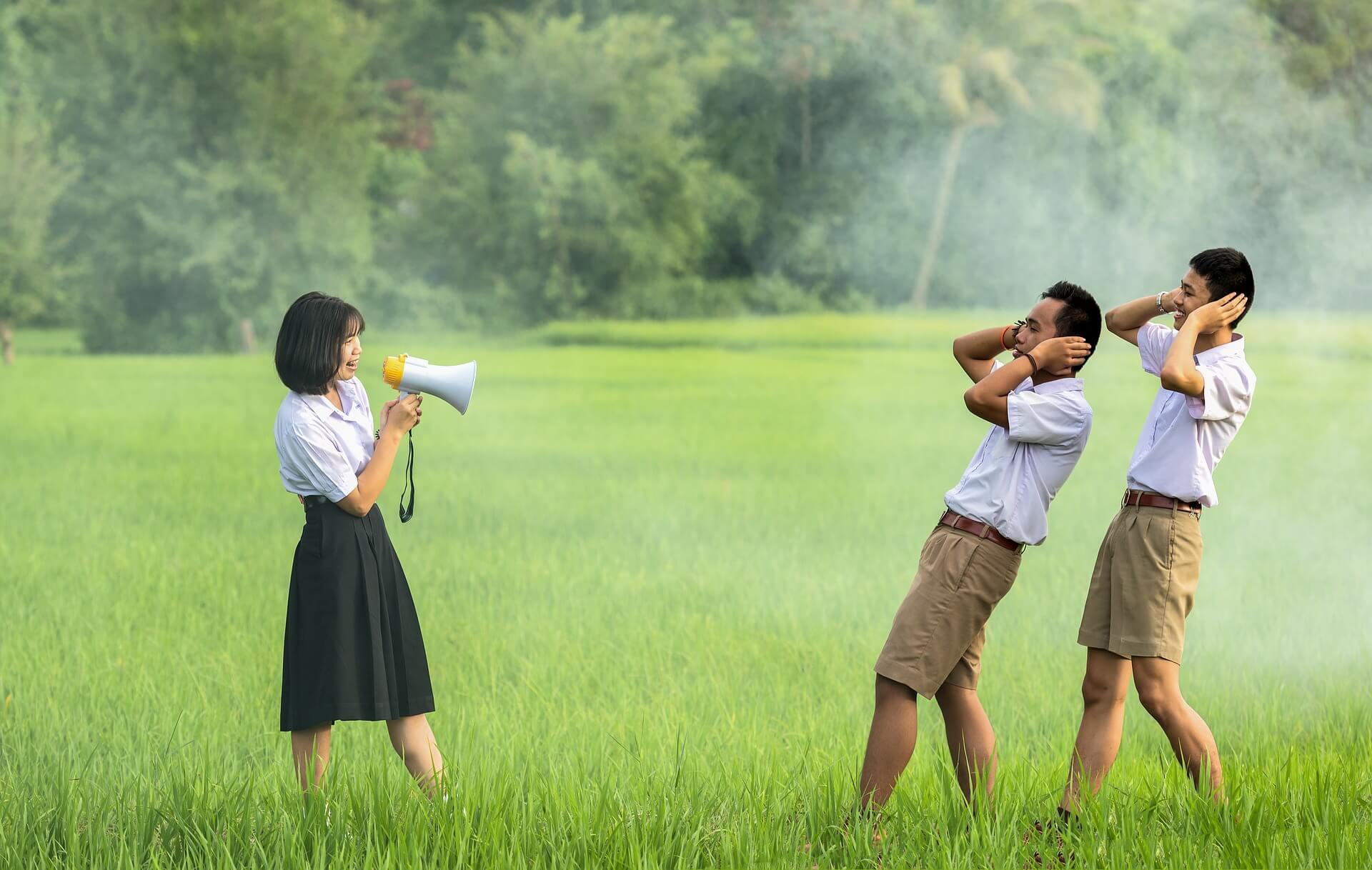What is noise-induced hearing loss (NIHL)?
Noise-induced hearing loss and tinnitus are conditions caused by prolonged exposure to loud noises.
Our environment is getting louder every day and we should probably do something to preserve our hearing through life.
Loud work environment, traffic jams, concerts, clubs, these are all places that are very common to most of us, and all of these places damage our ears over time.
These loud sounds cause the destruction of your hair cells. The hair cells are nerves inside your ears that are very sensitive to sounds that are above normal.
Once the hair cells get damaged they can not grow back and the ability to convert sounds into electric impulses becomes difficult.
Most people don’t even realize that they are losing the ability to hear and don’t take necessary precautions which result in further hearing loss.
After a while, a condition called Tinnitus occurs at which point you should immediately consult a doctor or audiologist.
What is Tinnitus?
Tinnitus is the perception of sounds within the human ear (ringing of the ears) when no actual sound is present.
Persons suffering from tinnitus feel a lot of distress. It causes:
- Depression
- Sleeping problems
- Stress
- Memory issues
- Anxiety
There are numerous causes of tinnitus like:
- Post-traumatic stress
- Movement in-ear bones
- Blood vessel disorder
- Acoustic neuroma
- Meniere’s disease
- Long term exposure to loud noises
Things that help to Treat Tinnitus and the Ear damage from loud noise
The first one of course is to avoid loud noise at all costs. Altering food habits can help you treat this condition as well.
Some food that should be avoided is:
- Eggs
- Saturated fats
- Red meat
- Caffeine
- Alcohol
You should also increase the consumption of:
- Vitamin C
- Calcium
- Magnesium
- Trace minerals
- Zinc
- Melatonin
- Vitamin A
- B complex
Note that these are just tips that can help you, however, is severe cases of tinnitus consulting a doctor is a must.

Source: Pixabay
Can you treat Ear damage from loud noise?
If you suffer from noise-induced hearing loss you need to know that there is no surgical or medical treatment that can treat these nerves.
This is very unfortunate but this should make you realize that you should do whatever you can to reduce damage to your ears throughout your entire life.
The hair cells can not grow back once they are destroyed. So the answer is no. Prevention is better than cure.
How to prevent Noise-Induced Hearing Loss and Tinnitus or Ear damage from loud noise
First, let’s look at what sound strength in decibels is harmful to our ears.
The sounds that are 80 dB or less are not considered harmful even after prolonged exposure.
Health care experts recommend using earplugs when exposed to sounds over 85 decibels. Most of us can not determine the number of decibels just by listening so let’s look at some common sounds and their approximate level of decibels, to get an idea of what is really loud.
- Ticking watch – 20 dB
- Humming refrigerator – 40 dB
- Washing machine – 70 dB
- Alarm clock – 80 dB
- Traffic – 85 dB
- Blow dryer – 100 dB
- Chainsaw – 105 dB
- Screaming child – 110 dB
- Rock concert – 120 dB
- Jackhammer – 130 dB
As you can see some common household items are far above the recommended decibel level.
Prevent NIHL
Here is a good list of things that you can do to avoid NIHL.
- Understanding what it takes to have noise-induced hearing loss.
- Limit your exposure to loud sounds that can potentially damage your hearing.
- Identifying tools and ways which can make you exposed to loud noises.
- Avoid listening to music on high volume (especially using headphones).
- Have a habit of cleaning your ears without using buds that can push debris and wax farther into your ear canal.
- Use protection (earplugs) when you cannot prevent getting exposed to loud sounds.
- Always have your hearing evaluated properly at least once or twice a year.
- Avoid standing next to speakers at clubs or concerts
Work-Related Hearing Loss
If you work in a loud environment, you may be at risk of work-related hearing loss.
This mostly applies to construction workers or workers in a factory, but the fact is any work environment can be dangerous if the loud noise is prominent.
“That is why protective equipment should be provided to you by your employer.”
Because the ear is so sensitive, even short bursts of loud noise can be devastating. We all know that hearing is very precious and that hearing loss is permanent.
In case you have experienced hearing loss while on the job you should consult a compensation lawyer to receive benefits that you are entitled to. Click here to find out about hearing loss worker’s compensation.
Contact Us
If you, or anyone you know, worked in noise and suffers from hearing loss, please do not hesitate to contact us.
Contact Us


